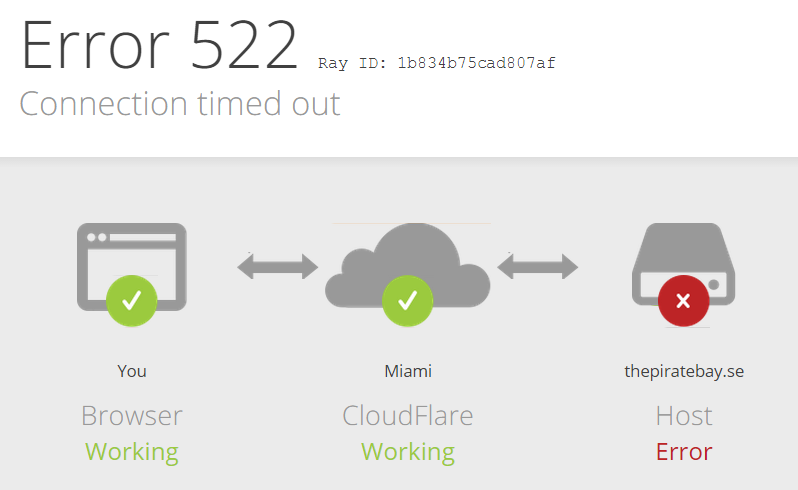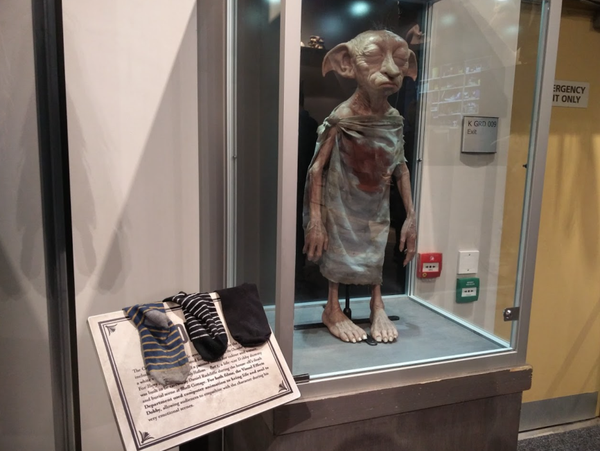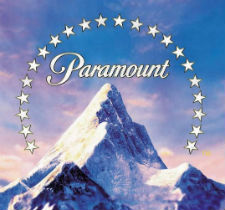 As part of increasing efforts by the world’s largest entertainment companies to crack down on Internet piracy, various initiatives are seeking to deprive so-called ‘pirate’ sites of their income.
As part of increasing efforts by the world’s largest entertainment companies to crack down on Internet piracy, various initiatives are seeking to deprive so-called ‘pirate’ sites of their income.
In addition to making it difficult for sites to process payments using credit card companies such as Visa and Mastercard, and receive and pay out funds using PayPal, pressure is also being applied to advertisers. Since many sites rely on advertising for much of their income the theory is that once those funds dry up, sites will begin to close.
The latest country indicating a readiness to take action on this front is Russia. Despite having a reputation for harboring dozens of large unlicensed sites, the Russian government says it is now preparing to ‘out’ some of the world’s largest companies as sponsors of piracy portals.
In the weeks to come the Ministry of Communications says it will publish a list of 100 companies that often advertise on pirate sites but in the meantime has provided a small sample of the kind of international businesses people should expect to find on the list.
Car manufacturers including Toyota, Nissan, Ford, Mazda and Volvo are all being accused of being pirate sponsors by the government, alongside technology giant Microsoft and personal grooming product company Gillette.
“We encourage people to come to their senses. Brands are proud of the fact that they are white and fluffy. We will publish a list of all those who advertise on pirate sites,” says Deputy Communications Minister Alexei Volin.
The Ministry says that together with representatives from the media industry it will create a “board of shame” which will publicize the names of companies who fail to pull their ads from sites.
The revelations were made during the ‘Cinema Expo’ film industry conference in St. Petersburg this week, where it was claimed that advertisers such as those detailed above are pumping in excess of $70m per year into local unlicensed sites.
In order to stop ads from reaching such sites in future, the government says it is ready to draw up a list of ‘banned’ domains.
“We are ready to take responsibility and to establish a commission at the Ministry, which, at the request of holders, will make sites blacklisted,” Minister Volin said.
A new industry group called “Media” formed by the Russian Association of Electronic Communications says it will then negotiate with agencies to stop them placing ads on sites appearing on the blacklist.
“If we can agree with the agencies, the pirate business will die by itself,” says Media chief Marina Surygina.
While the government and local industry may indeed succeed in forcing large companies to withdraw their support for pirate sites, there are plenty of smaller operations that are only too willing to take up the slack.
Emails recently obtained by TorrentFreak reveal that several ad networks are proudly promoting their partnerships with pirate sites and are very happy to take on more.
It has to be said, however, that the products these networks help advertise have much less kudos than those advertised by the companies detailed above. Ads for Ford cars are much more desirable than the typical ‘male enhancement’ offer, and Gillette definitely offers a better kind of close-shave than the kind associated with a barrage of aggressive popups.
Update: Alexey Byrdin of the Internet-Video Association informs TF that the pursuit of advertisers will be aggressive.
“Our ‘follow the money’ initiative was supported and announced by deputy minister Volin. We have detailed research on brand advertising on pirate sites including all campaign details, URLs, agencies etc,” Byrdin says.
“We’re going to go all the way with these brands and reveal either their hypocrisy or negligence.”
Source: TorrentFreak, for the latest info on copyright, file-sharing, torrent sites and ANONYMOUS VPN services.

Source: TorrentFreak
 The Pirate Bay has become unreachable since this morning.
The Pirate Bay has become unreachable since this morning.


 As part of increasing efforts by the world’s largest entertainment companies to crack down on Internet piracy, various initiatives are seeking to deprive so-called ‘pirate’ sites of their income.
As part of increasing efforts by the world’s largest entertainment companies to crack down on Internet piracy, various initiatives are seeking to deprive so-called ‘pirate’ sites of their income.




 Week in and week out copyright holders scour the Internet to detect and report millions of alleged infringements.
Week in and week out copyright holders scour the Internet to detect and report millions of alleged infringements.










 Nearly four years have passed since Megaupload was
Nearly four years have passed since Megaupload was 

 When the anti-piracy activities of Rightscorp became a topic for public discussion around four years ago (under the name Digital Rights Corp), the company was taking a fresh look at solving the piracy problem.
When the anti-piracy activities of Rightscorp became a topic for public discussion around four years ago (under the name Digital Rights Corp), the company was taking a fresh look at solving the piracy problem.